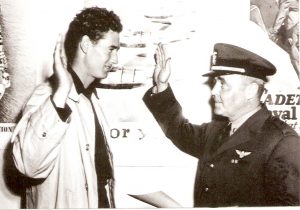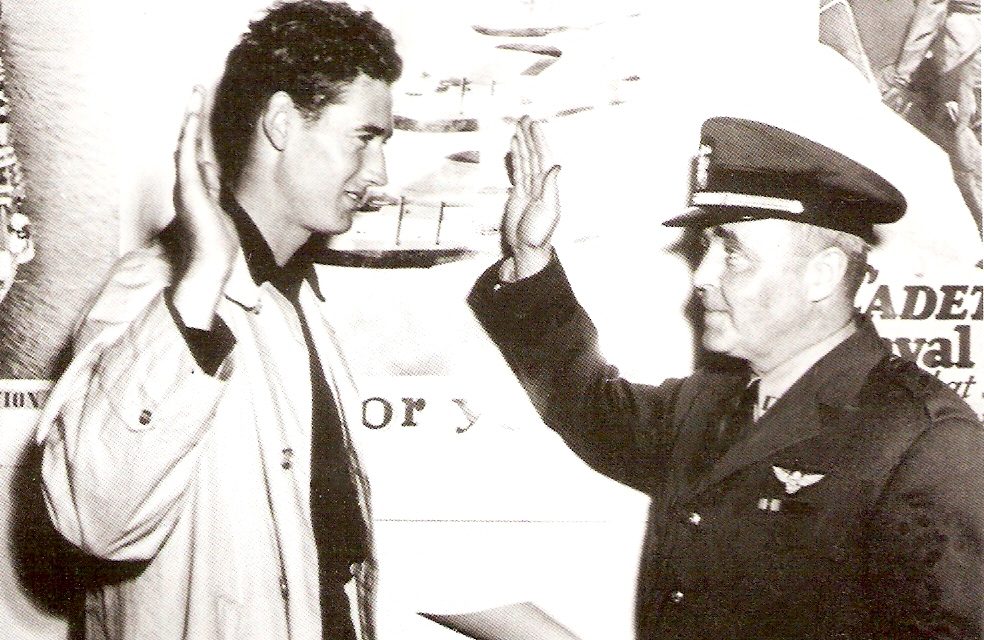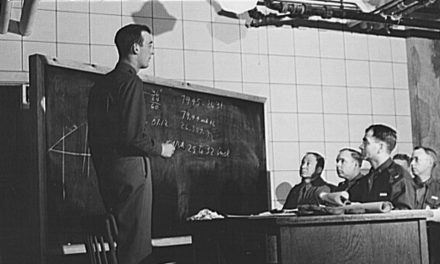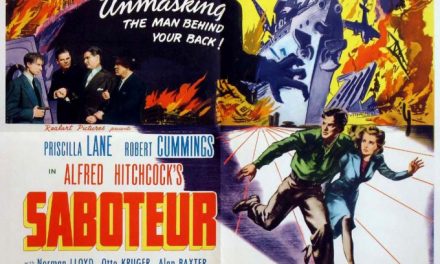By Kevin Huebler and J.P. Proulx
The stars on the field are being called away to aid the stars and stripes , and what the professional leagues will have left when all is said and done we will soon find out.
Stars like Ted Williams, Joe DiMaggio and Pete Reiser are walking away from the game of baseball for the time being to join the fight against the Axis powers.
Pee Wee Reese, Phil Rizzuto, Hugh Casey. Three of baseball’s biggest stars have found themselves called away to bootcamp to train for battle.
Joltin’ Joe Dimaggio, who is just two years removed from one of the that we may ever see, with his 56-game hitting streak, is reportedly being called away to serve via the draft. The New York Yankees center fielder, however, denies any such report, which originated with Yankees scout Joe Devine.
DiMaggio says that he hasn’t made any efforts to , adding that his future “is up to Uncle Sam.” DiMaggio declined to say whether the San Francisco draft board was about to call him. However, a Jan. 5 report in the New York Times indicated that DiMaggio told The Examiner that “spring training won’t concern me this year.”
Boston Red Sox left fielder Ted Williams faced a similar situation last March, when he was placed on deferment, rather than joining the military right away. At the time, he appealed his draft status to continue to play.
“In December, after the war was declared I was notified that I had been reclassified and was 1-A,” the superstar said. “I was ready to go when they called me but I couldn’t understand the change…Friends insisted I contact Dr. Harold Estrem, the state appeal advisor, whose duties are to give advice and aid those who need it.”
Williams won the triple crown in 1942, leading the American League in batting average, home runs, and runs batted in. In 1943, he’s trading his Red Sox uniform for Navy whites, as he joined the Naval Reserve and is set to be on active duty sometime in the next few months.
With stars joining the military so frequently, how will they be treated in the quarters? DiMaggio and Williams are two of the biggest names in baseball, and the other soldiers they are fighting with might be star-struck seeing their on-the-field heroes.
These two stars of the diamond need to be treated like any other soldier, with them now being a part of the war effort.

Boston Red Sox star Ted Williams being sworn in to the Navy, May 1942. Photo from Wikimedia Commons.
Baseball’s Popularity on the Home Front
Even with baseball losing stars left and right, it may be one of the few sports that doesn’t see a downturn in attendance and popularity as the war enters its second year for Americans.
Horse racing, for instance, usually takes place at courses that are virtually in the middle of nowhere. Baseball, however—especially in New York—is likely to generate “in-town” fare due to the ban on driving, compared to profits coming from those traveling from out of town by personal automobiles.
“The game will attract a lot of new fans who cannot get to their more favored sports or recreation,” said Frick. “All National League parks, with the possible exception of Cincinnati, are easy to reach by streetcar, bus, subway or walking.”
Although it’s easy to get to the ballpark, fans on the coasts will have to attend games in the daytime. With the potential for enemy air raids, coastal cities must be prepared for blackouts to be imposed at any moment. Therefore, the Pacific Coast and Atlantic Coast minor leagues will have no games played at night.
The ol’ pastime will still be alive and well. And even without some stars, baseball will still be the most popular sport in America.
Sources:
Considine, Bob. “Bigger Year For Baseball Is Possible.” The Washington Post (1923-1954), Jan. 8, 1943. Pg. 10.
“DiMaggio Evades Retirement Talk.” New York Times (1923-Current File), Jan. 6, 1943. Pg. 20.
Rice, Grantland. “The Sportlight: Close Competition.” Pittsburgh Post-Gazette (1927-2008), Jan. 22, 1943. Pg. 19.
https://www.si.com/more-sports/photos/2013/11/11/athletes-who-served-military#1
“Ted Williams Tells His Side Of Story in Asking for Deferment” Chicago Daily Tribune, March 16, 1942 Pg. 19





